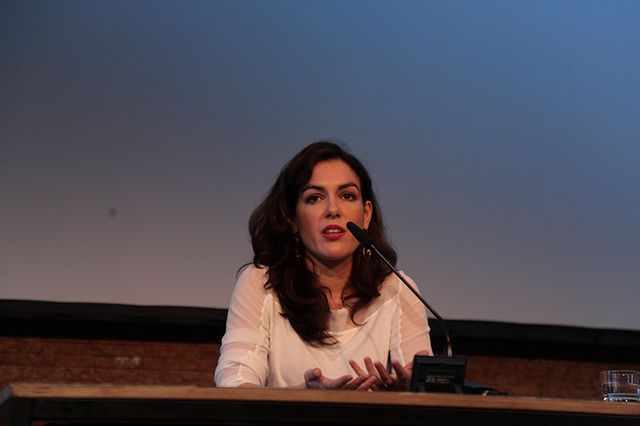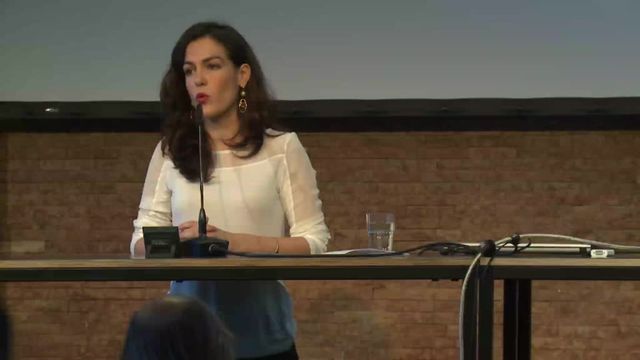Complexity

Statements by Alejandra Torres Camprubí (Faculty of Laws, University Autónoma of Madrid), Miriam Diamond (Chemical Engineering and Applied Chemistry, University of Toronto), Andrew Pickering (Science and Technology Studies, University of Exeter). Discussion moderated by Manfred Laubichler.
Complexity is, without a doubt, a more than appropriate term for the Anthropocene. The interconnection of entities, places, agencies, and times is a strong conviction across the disciplinary board when it comes to the world today. Thus, it has become difficult to imagine a system that is, indeed, non-complex. Problems tend to become ever more wicked, solutions ever more tentative and short-lived. There seems to be a general limit not only to understanding but also to the forms of representation itself.
Physical non-linear systems, societal complexity, co-evolution of socioepistemic formations, intricate feedback loops between the material and the mental, econophysics, city planning, post-modern Babel – indeed, much of our contemporary knowledge forms bear a resonant affinity for this term. Could there be an anti-complexity backlash? Might the complexity of complexity eventually nourish a longing for easier solutions and reductive or clear-cut world views? Can knowledge remain content with non-optimal solutions?

